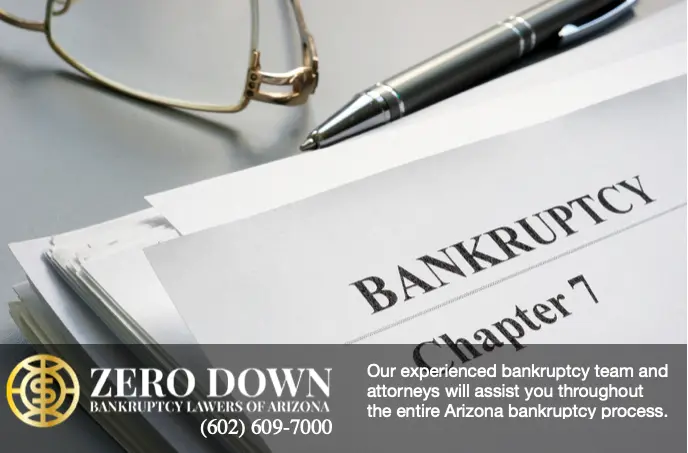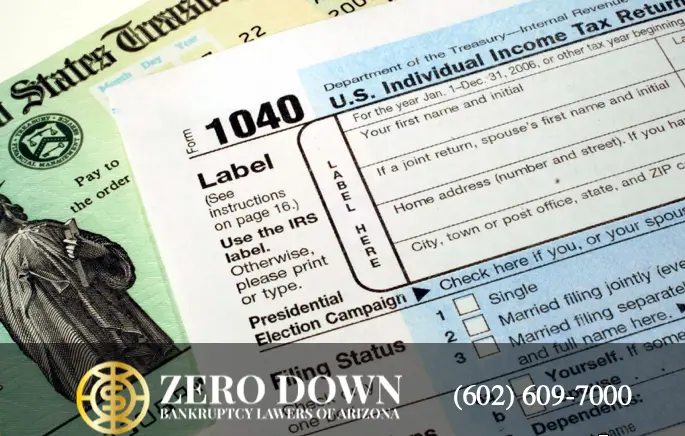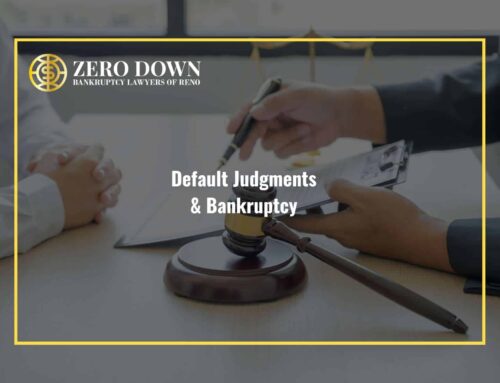1. Your two forms of identification

2. Registration for any vehicles in your name
The trustee needs to make sure you don’t have spare or luxury vehicles that can be sold to pay off some of your debts. This also helps your attorney provide a more accurate description of your assets in your petition, as well as research the value of the asset to make sure it is protected by bankruptcy exemptions.
3. All pay stubs or other proof of income from the last six months
This is one of the most important pieces of information for drafting your petition. Some mistakes on your petition can be amended, but you may be fully disqualified from the chapter you are attempting to file because of your income. If you file Chapter 7, your attorney will need to compare your average income from the last six months to the median income level for your family size in your state. If you make more than that amount, your attorney will need to conduct the Means Test, which determines if you have enough disposable monthly income to pay your debts. If you are filing Chapter 13, your income information will be vital to submitting a payment plan that is successfully confirmed. You can start saving your pay stubs if you plan to wait at least a few months to file, or request them from your HR department if you wish to file as soon as possible.
4. The most recent bank statements for all of your accounts
Depending on the state in which you file, there may be limits to how much can be in your bank account on the day that you file- your attorney should review these limits with you. Your attorney will also need information like account numbers and attached credit cards to draft a full and accurate bankruptcy petition. The trustee may also review your bank statements to make sure you haven’t been spending recklessly with the knowledge that you would soon be filing bankruptcy.
5. Your tax returns (federal and state) from the last two years

6. Statements for 401K’s, pensions, and retirement accounts
Retirement savings are usually protected in both chapters of bankruptcy, but these documents must be provided just in case. You may need to request these from your employer, so keep that in mind while planning your bankruptcy.
7. If applicable, divorce documents from the past six years
These orders will show property and debt division, alimony payments, and other financial matters that could be pertinent to your bankruptcy. Your ex spouse may also need to be alerted to your filing if they are a co-debtor on any community property debts.
8. If applicable, any existing child support orders
If there is a large portion being taken out of your paycheck or your bank account every month, the trustee needs to see the official reason why. Child support will also be one of the expenses used in the Means Test, so your attorney will need these whether you file Chapter 7 or Chapter 13.
9. Any judgments or lawsuits filed against you within the last year
Your attorney will need to review these documents to determine whether or not the judgment against you will be dischargeable in your bankruptcy.
10. Medical and Doctor bills
These debts are often missing from your credit report, so it is best to have them available for when your attorney is drafting your creditor mailing matrix. Omitting a creditor from your mailing matrix could result in you needing to amend your petition in the future, or that debt not being discharged by your bankruptcy.
11. The declaration page from any current whole life insurance policies
Double check that your policy is whole, versus term. Whole life insurance policies can have cash value, so they must be provided for your bankruptcy petition.
12. Information from accounts closed in the last year
This includes checking, savings, IRA’s, etc. You will need to provide the institution, the date the account was closed, the type of account, and the closing balance.
13. Any documentation from debt repayment to friends and family members in the last year
In bankruptcy, these are referred to as “preferential payments” or “payments to insiders.” That money may be “clawed back” by the trustee so the proceeds can be divided evenly amongst your creditors.
14. Business owners only- income/expense report for the last 6 months
If you own your own business, you hopefully already have records similar to this. Your attorney will need this for the exact same reasons as they would need your pay stubs. You should review how filing each chapter could affect your business with your attorney.
15. Your credit counseling course completion certificate*
Your course certificate will be valid for 180 days, so you should plan when to take the course accordingly. If you take the course after retaining an attorney, the website you take it on will more than likely automatically forward the certificate to your attorney.
You should NEVER submit original documents to your attorney or the trustee. You should make at least two copies of each document, and keep one set ready to provide to the trustee after your petition is filed. If you have a sudden urgent need to file, e.g., you are served with wage garnishment paperwork, you will already have your documents ready to file so you can invoke the protections of the Automatic Stay as soon as possible. If you have more questions about any of these documents or the bankruptcy process in general, our bankruptcy attorneys are here to help. Get started today by scheduling your free consultation! We offer expert representation at a great value. The initial consultation is no risk, no obligation to you, so call today!









